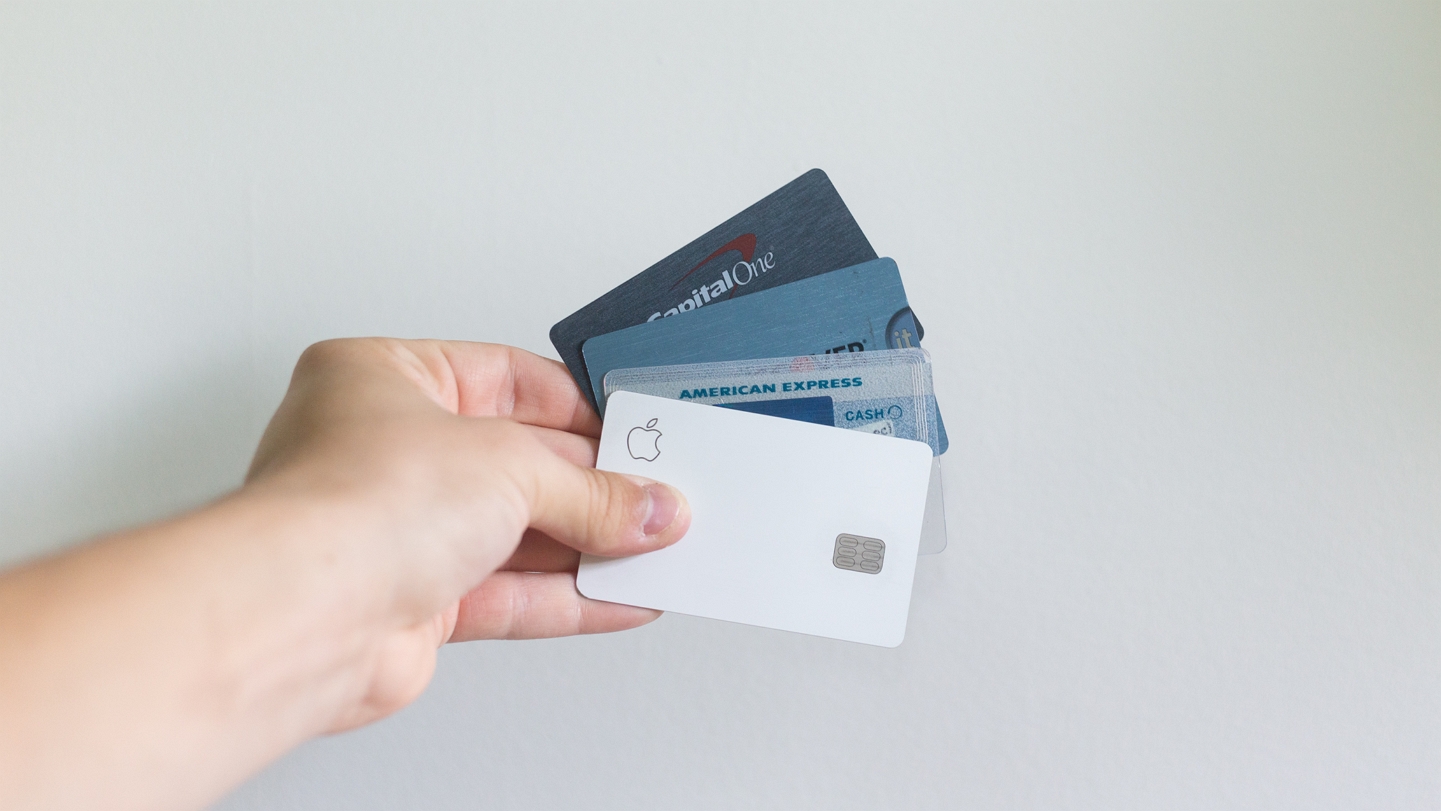The first-ever charge credit card was introduced in 1958. By 2003, 7.7% of worldwide transactions were card-based. By 2012, the numbers quadrupled, reaching 32%. There is a gradual shift towards using credit and debit cards instead of cash and cheques. In current times, many people search for the best credit card offers. They prefer lenders who approve credit card applications quickly, offer a good credit limit, and facilitate seamless transactions. Kotak 811 has emerged as a favorite in recent times for its incredible offers on credit cards, specifically for those interested in Kotak 811 credit card apply. Interested parties can conveniently apply online for Kotak 811 credit cards and begin enjoying their benefits.
Before we get to that, let’s explore whether credit cards are actually meant for everyone and whether everyone is comfortable using them or not.
Are Credit Cards Useful For Everyone?
Buyers and buyer tastes are different. Some love spending their cards, going on shopping sprees. Some spend judiciously, and are measured when they make transactions through cards. But overall, using a credit card can be a good choice for everyone. Yes, there are multiple benefits for consumers and merchants, who are the primary participants in this electronic payments ecosystem:
Consumers are the first to benefit from credit cards as money and other resources can be accessed via a card. When making purchases, consumers paying through cash or cheque might feel restrained by available funds. With the easy availability and convenience of credit and debit cards, consumers now have quick and easy access to all their available deposits or line of credit funds, allowing them to make more informed purchasing decisions.
Merchants come next, who may be hesitant to accept cheque payments for larger purchases because of potential non payments. Cards solve both problems by allowing users access to all their available funds or lines of credit for a given transaction and by providing retailers with payment guarantee assurances under certain conditions.
Access to a wide client base with guaranteed payment is also beneficial for merchants because it reduces the amount of cash and cheques that must be handled. Retailers don't have to create and manage their credit systems, liberating them to concentrate on what they do best. Additionally, E-commerce relies on cards because of the convenience and speed they provide.
But what about the economy as a whole? Does credit card usage boost GDP and help the economy boom?
This use of credit cards by consumers creates a virtuous economic cycle in which higher levels of consumption lead to higher output levels, in turn, creating more jobs and higher incomes, allowing the economy to boom.
What Are The Actual Impacts Of Credit Card Usage?
Boosts Spending
The convenience of using credit cards boosts consumer spending. Consumers get compensation for fraudulent card purchases, and card networks regulate dishonest business practices. Consumers feel more at ease when making purchases with a credit card, much as retailers do because of the security that comes with accepting credit card payments. By reducing barriers to trade, confidence in the financial system boosts spending and economic growth.
Increases Spending
Using a card is a convenient option as customers no longer have to visit a bank or ATM to get cash. Neither do they have to stad in long lines to count change. Merchants also stand to gain from this ease of use. For instance, businesses save money on labour costs when customers swipe their own cards at self-service petrol pumps. In addition, reduced friction in the system due to cards leads to increased spending and GDP.
Easy Access to Offshore Services
Credit cards facilitate online purchases and international travel. Key economic sectors, such as e-commerce, travel, and tourism, benefit from payment cards backed by worldwide payment networks. The option to purchase and sell online is crucial for many companies and customers in today's diversified global economy. Without the widespread use of electronic payment systems, this would be impossible. Also, consumers seek a secure and convenient way to pay for the products and services when travelling instead of carrying large amounts of local currency.
In the retail travel industry, retailers can tap into a larger pool of customers with higher disposable incomes than if they simply accepted cash.
Saves Government Money
More money is circulated throughout the economy when credit card purchases are made. Money that must be changed during a cash transaction is taken out of circulation. Unused currency is a drag on economic development. A higher card penetration rate helps maintain "spare change" in circulation. Central banks save money by issuing cards instead of paper bills. In addition to streamlining commerce and the economy as a whole, the widespread use of credit cards has the potential to save central banks and government finance agencies money by lowering the volume of paper transactions that require processing.
Eradicate Grey Economy
Cards eradicate a sizable chunk of the grey economy. Cash transactions are preferred by retailers who do not disclose some or all of their purchases to avoid paying sales tax. Card transactions are "above board" and leave an audit trail, significantly decreasing the number of transactions that aren't reported and increasing tax collections.
Does the Increased Use of Cards Boost the Economy?
Increased use of credit and debit cards helps the economy, since it facilitates faster and cheaper purchases and better distribution of products and services. Credit cards as a whole eliminate the need to carry cash, which is inconvenient in both established and emerging markets.
Customer access to zero balance savings accounts, credit cards, and debit cards, and consumer confidence in these payment systems as a whole, contribute to the system being more efficient. This, in turn, boosts economic growth year after year. Additionally, credit card use and widespread adoption boost national consumers' spending.
Increasing credit card usage increases spending and GDP, which is a positive correlation between card penetration and usage and economic growth. This effect of the surge hence grows stronger when the penetration of credit cards is deeper.









